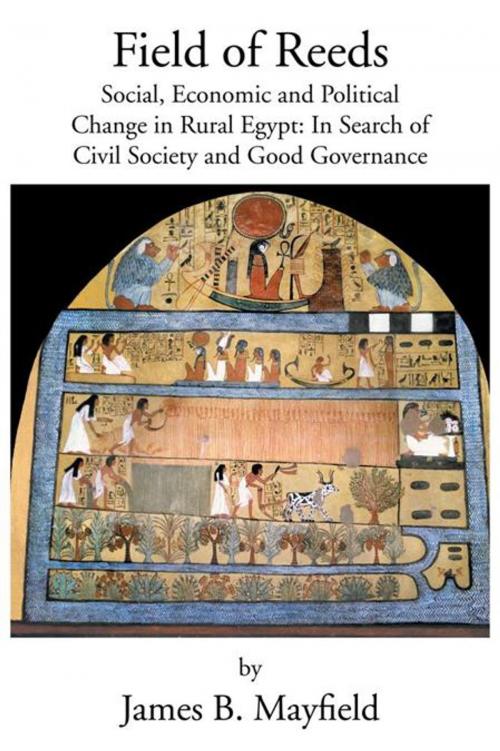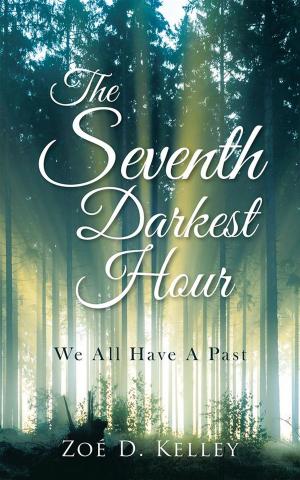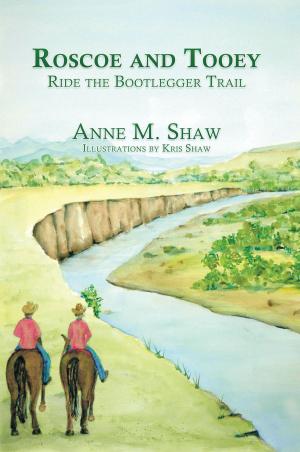Field of Reeds
Social, Economic and Political Change in Rural Egypt: in Search of Civil Society and Good Governance
Nonfiction, History, Africa, Egypt, Social & Cultural Studies, Political Science, Government, Local Government| Author: | James B. Mayfield | ISBN: | 9781477274903 |
| Publisher: | AuthorHouse | Publication: | November 14, 2012 |
| Imprint: | AuthorHouse | Language: | English |
| Author: | James B. Mayfield |
| ISBN: | 9781477274903 |
| Publisher: | AuthorHouse |
| Publication: | November 14, 2012 |
| Imprint: | AuthorHouse |
| Language: | English |
Have you ever wondered: 1. Who built the Pyramids of Egypt and who are their descendents today? 2. Why does the author challenge the great Greek historian Herodotus, by auguring that Egypt is more a gift from the Fellahin, than a gift of the Nile? 3. What great event happened in the early 1960s that completely changed the life of the peasants of Egypt? 4. Why did the peasants (fellahin) of Egypt not engage in a massive revolt in the 1990s, when the Government allowed landowners to reclaim their land that the peasants had been cultivating for over 30 years? 5. Do you know the story of the village of Dinshaway that precipitated a national crisis, and that eventually forced Great Britain to leave Egypt after over fifty years of colonial rule? 6. Are the villagers of Egypt prone to violence or to submissiveness and what does that tell us about the future of Egypt? 7. Which farmers in the world have the highest yields in wheat, rice and corn? 8. Are the villagers of Egypt favorable to the Islamic extremist or more favorable to some form of democracy based upon moderate Islam? 9. Where do villagers say they want to live, if they could live any place in the world? 10. Why did a friend email the author on September 12, 2012 and tell him: Please tell the American people that the Egyptians they see storming the American embassy do not represent the people of Egypt. They are mostly a misguided minority of people who see the world through clouded glasses of hatred and bigotry, provoked and misinformed by extremists who share an agenda that is unIslamic, violent and destructive for Egypts future. Dr. James Mayfield, professor of Middle East Studies since 1967, has been studying the villages of Egypt (as a student, professor, researcher, trainer, manager and consultant) for over 40 years. This is a very comprehensive, multi-disciplinary, study of the rural Egypt. This book presents chapters on the history, the culture, the local government system, village schools and health care systems, the agricultural systems, causes and solutions for extreme poverty, the challenge of establishing a civil society in Egypt, and what prospects there are or democracy in Egypt. Each chapter includes a short narration story that brings the existence and culture of the Egyptian villagers to life through short but rich examples of how the Egyptian peasants (fellahin) live, work and survive in a world filled with challenges, problems, but also opportunities and hope for the future.
Have you ever wondered: 1. Who built the Pyramids of Egypt and who are their descendents today? 2. Why does the author challenge the great Greek historian Herodotus, by auguring that Egypt is more a gift from the Fellahin, than a gift of the Nile? 3. What great event happened in the early 1960s that completely changed the life of the peasants of Egypt? 4. Why did the peasants (fellahin) of Egypt not engage in a massive revolt in the 1990s, when the Government allowed landowners to reclaim their land that the peasants had been cultivating for over 30 years? 5. Do you know the story of the village of Dinshaway that precipitated a national crisis, and that eventually forced Great Britain to leave Egypt after over fifty years of colonial rule? 6. Are the villagers of Egypt prone to violence or to submissiveness and what does that tell us about the future of Egypt? 7. Which farmers in the world have the highest yields in wheat, rice and corn? 8. Are the villagers of Egypt favorable to the Islamic extremist or more favorable to some form of democracy based upon moderate Islam? 9. Where do villagers say they want to live, if they could live any place in the world? 10. Why did a friend email the author on September 12, 2012 and tell him: Please tell the American people that the Egyptians they see storming the American embassy do not represent the people of Egypt. They are mostly a misguided minority of people who see the world through clouded glasses of hatred and bigotry, provoked and misinformed by extremists who share an agenda that is unIslamic, violent and destructive for Egypts future. Dr. James Mayfield, professor of Middle East Studies since 1967, has been studying the villages of Egypt (as a student, professor, researcher, trainer, manager and consultant) for over 40 years. This is a very comprehensive, multi-disciplinary, study of the rural Egypt. This book presents chapters on the history, the culture, the local government system, village schools and health care systems, the agricultural systems, causes and solutions for extreme poverty, the challenge of establishing a civil society in Egypt, and what prospects there are or democracy in Egypt. Each chapter includes a short narration story that brings the existence and culture of the Egyptian villagers to life through short but rich examples of how the Egyptian peasants (fellahin) live, work and survive in a world filled with challenges, problems, but also opportunities and hope for the future.



![Cover of the book Thanks for the [Spam] by James B. Mayfield](https://www.kuoky.com/images/2012/july/300x300/9781477248850-noeS_300x.jpg)











